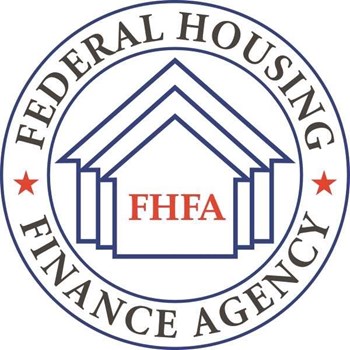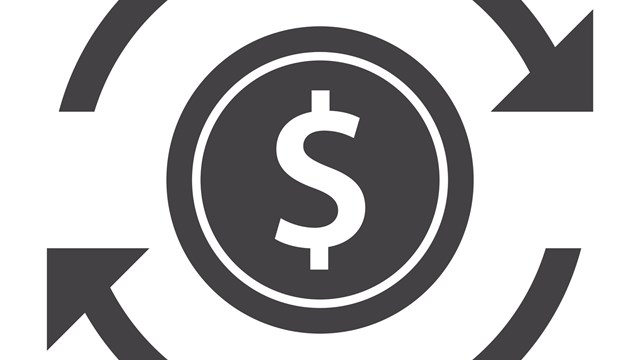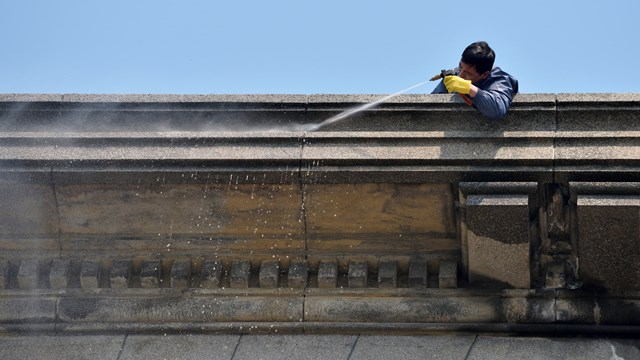
After receiving over 4,200 comments on a proposal that would have eliminated flip taxes and transfer fees in co-ops, condos and HOA communities, the Federal Housing Finance Authority (FHFA) has reconsidered its position and will allow cooperatives, condominiums, homeowner associations and certain tax-exempt organizations to continue to use the private transfer fee proceeds to benefit their properties.
Private transfer fees—typically one percent of the sale price or higher as specified in the original governing documents—are fees paid when a condo or co-op unit is resold. They are paid from the purchaser to one of four groups: (1) the community association, (2) tax-exempt groups that provide a direct benefit to HOA owners, (3) tax-exempt groups that don’t provide a direct benefit to HOA owners (like the Sierra Club), or (4) third-party developers or investors. Private transfer fees that do not directly benefit a subject property, (i.e., those paid to developers, investors or third parties) would be barred, according to the proposed rule.
Concern from REBNY, FNYHC,
CAI and Others
The original proposal announced in August 2010 provoked an outcry nationwide from supporters of cooperatives, condominiums and homeowner associations, where flip taxes and transfer fees typically go back to the community to help maintain the housing.
Addressing the concerns raised by the Real Estate Board of New York (REBNY) and its members, the proposed FHFA rule announced Feb. 1, 2011 is a relief to co-ops, condos and HOAs. The proposed ruling would have had a crippling impact on property sales throughout New York City.
“Barring lending in buildings with a flip tax would have had devastating consequences for New York City’s residential sales market,” said Steven Spinola, REBNY president. “We’re thrilled that as a result of our efforts, buildings with a flip tax are now exempt from the FHFA’s proposed ruling.”
New York’s state and federal delegations also helped spread the word. “The vocal support by our representatives in Washington was critical, and we owe thanks to our New York City congressional delegation, including Senators Schumer and Gillibrand, with particular acknowledgement of Congressman Anthony Weiner, who led the delegation effort on this issue.”
Bob Friedrich, the Glen Oaks Village president and founder of the Presidents Co-op Council, also welcomed the FHFA revision. The council is a think tank of co-op and condo board presidents of eastern Queens that represent more than 21,000 units of co-op and condo housing including Glen Oaks Village, North Shore Towers, Windsor Park, Clearview Gardens, Deepdale and the Bay Club.
“This victory was a collaborative effort between elected officials, board presidents and the Presidents Co-op Council, all of whom submitted letters to the FHFA strongly opposing its proposal.
“We are proud to have participated in this victory. It is a victory for affordable housing and our working families who choose to live in a co-op or condo. Co-ops are truly the last bastion of affordable housing in our city,” noted Friedrich.
"Co-ops in New York City keep costs in check and enhance both quality of life and property values through capital improvements financed by flip taxes," City Councilman Mark Weprin, D-Oakland Gardens, said. "Due to New York City’s unique concentration of co-ops, we asked for an exemption, which the proposal now includes."
Greg Carlson, the executive director of the Federation of New York Housing Cooperatives & Condominiums (FNYHC), also applauded the change. Carlson’s organization along with the Council of New York Cooperatives & Condominiums (CNYC) also was opposed to the original language and submitted testimony from member buildings against the proposal.
According to the FHFA, comments on the proposal generally fell into five categories: (1) commenters advocating a complete ban on private transfer fees; (2) commenters advocating for private transfer fees for condominiums, cooperatives, and homeowners associations; (3) commenters advocating for private transfer fees for section 501(c)(3) or (c)(4) nonprofit associations that provide activities that directly benefit the encumbered property; (4) commenters advocating for private transfer fees for general welfare purposes, even if they do not directly benefit the encumbered property; and (5) commenters who supported the payment of such fees to for-profit entities and also supported the securitization and sale of transfer-fee income streams to investors.
Many homeowners’ associations, condominiums, and cooperatives with properties subject to private transfer fee covenants commented that the final guidance should be crafted to allow private transfer fees to these associations. These commenters, the FHFA said in its summary, maintained that private transfer fees fund the capital reserves of their buildings or communities and help to fund critical and necessary capital improvements, upgrades and major repairs. They noted that these improvements increase property values, result in lower regular association dues and create more desirable communities.
National and local chapters of the Community Associations Institute (CAI), for one, challenged the FHFA’s assertion that such fees do not benefit community associations. In addition to surveying its members for guidance, hundreds of comments in opposition came in from CAI members.
CAI Chief Executive Officer Thomas M. Skiba, CAE, was clearly pleased with the FHFA revision. “This was a critical revision for the financial health of tens of thousands of community associations,” said Skiba in a press release. “Protecting traditional transfer fees is beneficial to homeowners, potential homebuyers, the associations and the housing market. The government should avoid doing anything that could stifle home sales and put communities in further financial jeopardy.”
The Next Step
The new draft proposal would impose a ban on private transfer fees paid to developers, investors and third parties. “Though asserted to be collected for the purpose of funding infrastructure investments, there is no assurance that they actually are,” the FHFA summary noted. “They are simply another source of return to the developer: a way for a developer to extract additional value from its real estate portfolio. There is no relationship between the transfer fee and the actual costs of the developer.”
The draft proposal will be open for public comment for 60 days until April 8, after which a final ruling will be issued. To formally comment on the revised rule, use one of the following two methods:
• E-mail: Comments to Alfred M. Pollard, General Counsel, may be sent by e-mail to RegComments@fhfa.gov. Include “RIN 2590-AA41” in the subject line of the message.
• Go to the Federal eRulemaking Portal: http://www.regulations.gov. Follow the instructions for submitting comments. If you submit your comment to the Federal eRulemaking Portal, also send it by e-mail to FHFA at RegComments@fhfa.gov to ensure timely receipt by FHFA. Include “RIN 2590-AA41” in the subject line of the message.
When enacted, regulated entities will be required to comply with the final rule within 120 days after its publication.
Debra A. Estock is managing editor of The Cooperator.






Leave a Comment